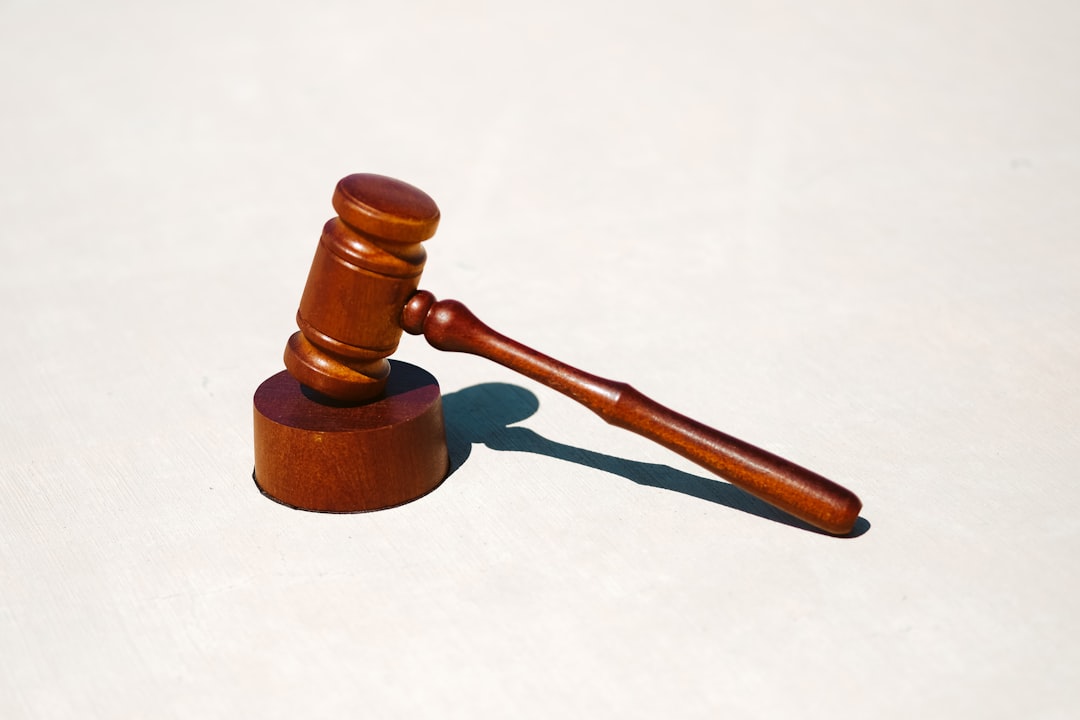In Michigan, the Michigan Collection Practices Act (MCPA) protects debtors from abusive debt collection practices. A qualified debt collector lawyer ensures collectors adhere to MCPA guidelines, prohibiting deception, threats, and harassment. Individuals should understand their rights and consult a lawyer for unfair treatment or complex legal issues involving debt collector lawyers in Michigan. Legal action can be taken against collectors violating state regulations, offering protections including emotional distress damages. Early consultation with a legal expert is recommended for effective and fair debt management.
In the state of Michigan, understanding your rights and the legal framework surrounding debt collection practices is crucial for any resident facing financial pressure. Michigan statutes offer robust protections for debtors, ensuring fair treatment by debt collectors. This comprehensive guide explores key aspects, including the laws regulating debt collection, debtor rights, prohibited practices, and available legal actions. If you’re in need of assistance, consulting a debt collector lawyer in Michigan can provide clarity and ensure your rights are upheld.
Michigan Laws Regulating Debt Collection

In Michigan, debt collection practices are regulated by a series of laws designed to protect consumers from aggressive or unfair tactics. The Michigan Statutes, specifically the Michigan Collection Practices Act (MCPA), outline clear guidelines for debt collectors operating within the state. This legislation aims to ensure fair and ethical treatment of debtors while providing them with certain rights and remedies against abusive collection practices.
If you find yourself in a situation involving debt collection, it’s crucial to understand your rights under Michigan law. A qualified debt collector lawyer in Michigan can guide individuals through this complex landscape, ensuring their rights are protected. The MCPA prohibits debt collectors from employing deceptive, false, or unfair methods, including threats, harassment, or the use of misleading information. It also mandates that collectors provide proper identification and accurately disclose the nature of the debt.
Rights of Debtors in Michigan

Debtors in Michigan have specific rights protected by state law when dealing with debt collectors. According to the Michigan Statutes, debt collection practices must be fair and transparent, ensuring consumers are treated with respect and dignity. Debtors can take legal action if they feel their rights have been violated, which includes receiving harassing or abusive calls, false representations about the debt, or demanding payment in a manner considered unreasonable.
Hiring a debt collector lawyer in Michigan is advisable for those facing relentless debt collection efforts or uncertain about their rights. Legal professionals specializing in this area can guide debtors through the complexities of state regulations, helping them understand their options and take appropriate measures to protect themselves from unethical or illegal debt collection practices.
Unfair Debt Collection Practices Prohibited

In Michigan, unfair debt collection practices are strictly prohibited by law. According to the Michigan Statutes, debt collectors must adhere to ethical and legal guidelines when attempting to collect debts from consumers. This includes refraining from using deceptive, misleading, or aggressive tactics that could cause emotional distress or harm.
Michigan debt collector lawyers emphasize that collectors cannot make false statements about the debt, use abusive or threatening language, or attempt to deceive consumers with misleading information. They are also forbidden from contacting individuals at inconvenient times or places, such as frequently calling before 8 a.m. or after 9 p.m., unless the debtor has agreed to such communication. These protections ensure that debtors in Michigan are treated fairly and respectfully throughout the debt collection process.
Legal Action Against Debt Collectors

In Michigan, individuals who believe they have been subjected to unfair or abusive debt collection practices can take legal action against debt collectors. According to the Michigan Statutes, debt collectors are subject to strict regulations designed to protect consumers from harassment and coercion. If you’ve been harassed, threatened, or misled by a debt collector, consulting with a qualified debt collector lawyer in Michigan is a crucial step towards seeking justice.
A debt collector lawyer can help navigate the complexities of Michigan’s statutes and determine if your rights have been violated. They can file legal claims against the debt collector on your behalf, seeking damages for emotional distress, attorney fees, and statutory penalties. Understanding your rights and knowing when to take legal action is essential in ensuring fair treatment during the debt collection process.
Understanding Your Options as a Michigan Resident

As a resident of Michigan, if you’re facing debt collection actions, it’s crucial to understand your rights and options. The first step is to familiarize yourself with the state’s regulations regarding debt collection practices. Michigan has specific laws in place to protect consumers from abusive or unfair debt collection methods. These statutes empower individuals to take action against debt collectors who violate their rights.
If you believe a debt collector has engaged in harmful or illegal behavior, consulting a qualified debt collector lawyer in Michigan is advisable. Legal experts can guide you through the complexities of these laws and help navigate potential legal remedies. They can ensure your rights are upheld and provide assistance if a dispute arises with a debt collector. Understanding your options early on can be instrumental in managing your debt situation effectively and ensuring a fair process.






